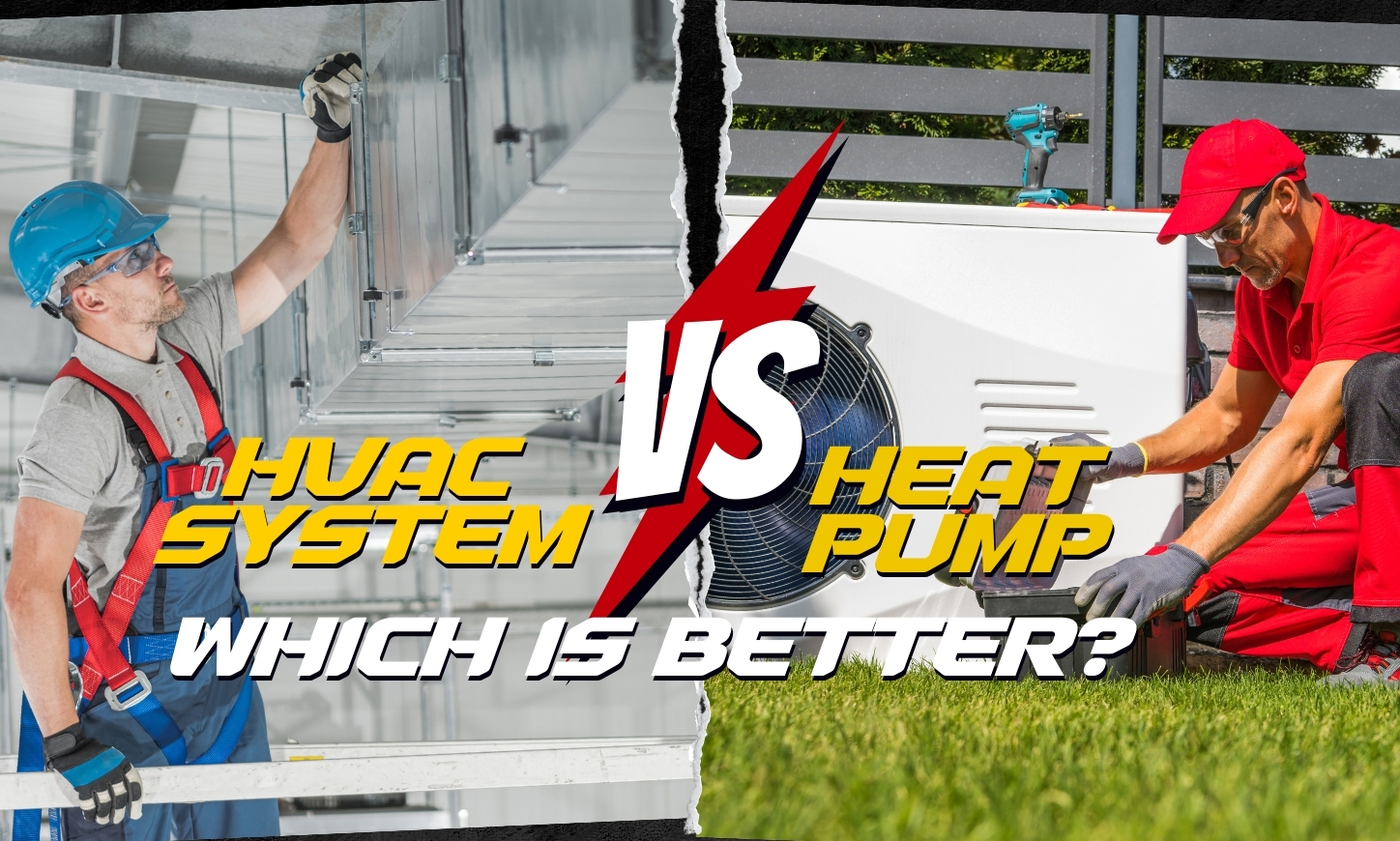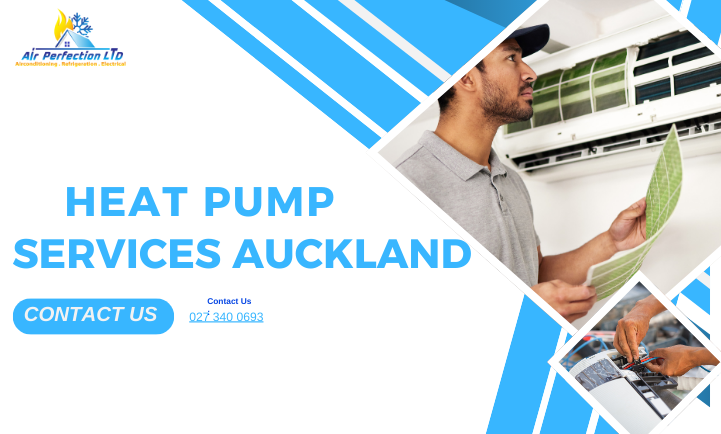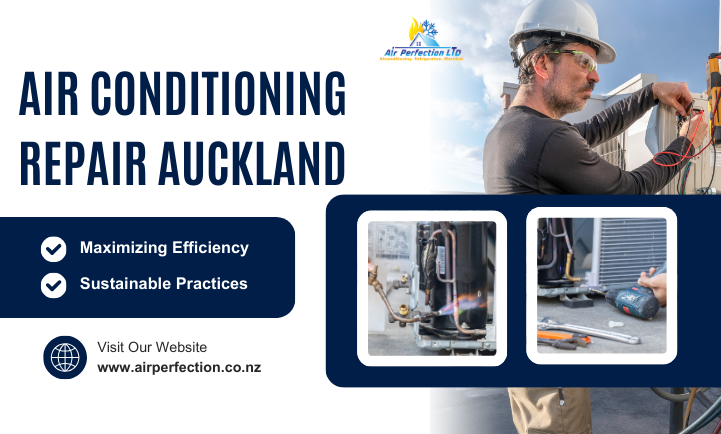Selecting the right heating and cooling system is important because homeowners are focused on saving energy and protecting the environment. To live in a better environment, installing a better heat pump, whether a modern or a traditional HVAC system, is compulsory. For this purpose, following an expert guide is necessary. In this blog post, we will explore the main difference of heat pumps and traditional HVAC systems, examining their efficiency, performance, costs, and overall suitability for various homes.
1- What are Heat Pumps?
Definition – A heat pump is a versatile system that supplies heating and cooling by transferring heat from one place to another. Unlike traditional HVAC systems that generate heat, heat pumps move heat using refrigerant.
Types – There are many types of heat pumps, including air-source heat pumps, which extract heat from the air, and ground-source (or geothermal) heat pumps, which draw heat from the ground.
How It Works – Heat pumps work by using a refrigerant cycle. They extract heat from the outside air or ground and move it indoors in heating mode. In cooling mode, they reverse the process, removing heat from inside the house and releasing it outside.
2- What are Traditional HVAC Systems?
Definition – Traditional HVAC systems typically include separate components for heating and cooling, such as furnaces and air conditioners.
Components – These systems consist of a furnace (for heating), an air conditioner (for cooling), ductwork (for air distribution), and a thermostat (for temperature control).
How It Works – The furnace burns fuel (natural gas, oil, or electricity) to generate heat, which is distributed through the ductwork. The air conditioner uses a refrigerant to absorb indoor heat and expel it outside, cooling the home.
3- Efficiency and Performance
Energy Efficiency – Rather than traditional HVAC systems, heat pumps are generally more energy-efficient. They transfer heat instead of generating it. They save significant energy, especially in milder climates.
Performance in Different Climates – Heat pumps are highly efficient in moderate climates but can struggle in extreme cold. However, newer models with advanced technology can perform well even in lower temperatures. Traditional HVAC systems, particularly those with high-efficiency ratings, can provide reliable heating in very cold climates but might consume more energy.
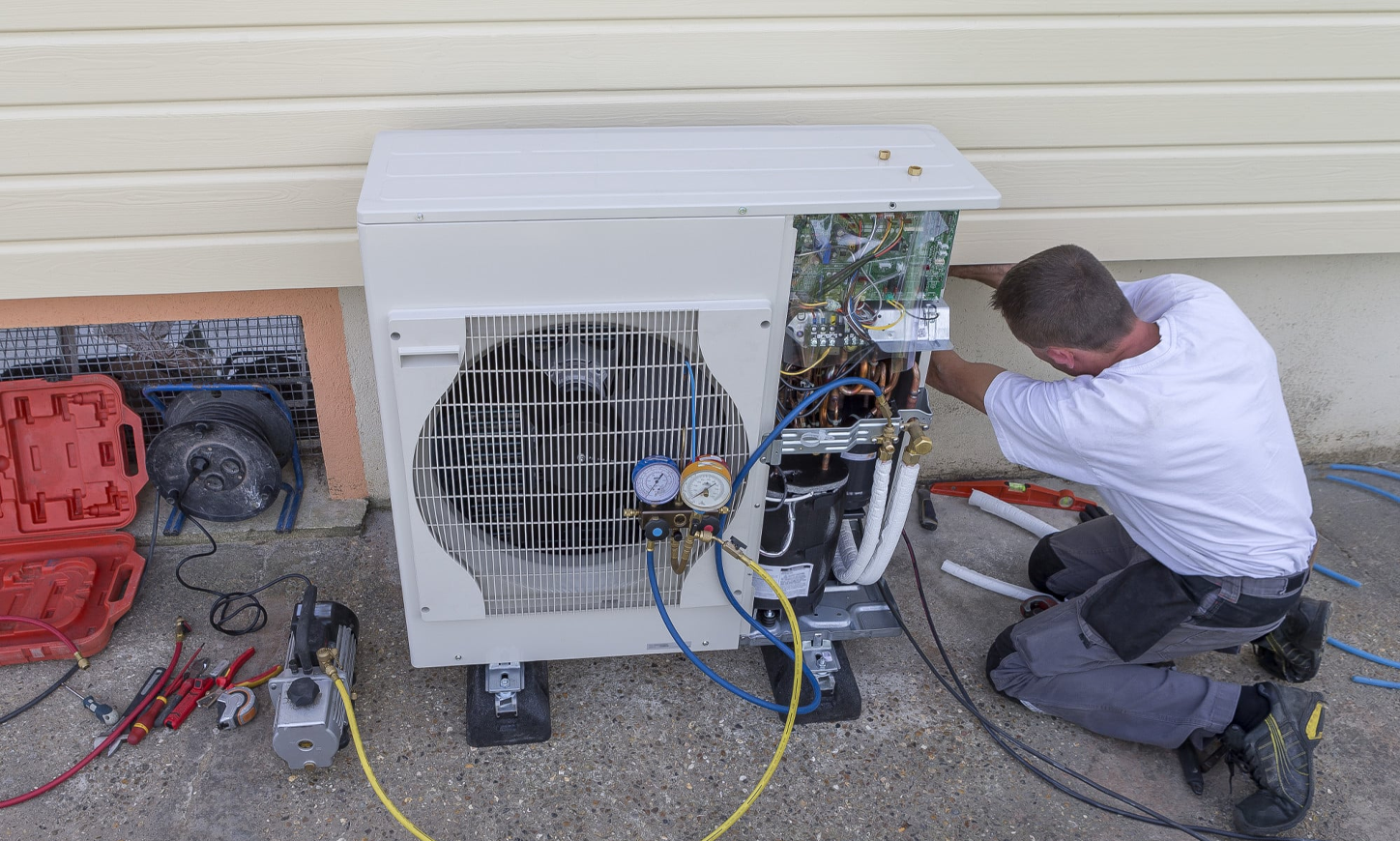
4- Installation and Maintenance
Installation Process – Installation of a heat pump can be more complex and costly upfront, particularly for ground-source systems requiring significant excavation. Traditional HVAC systems, while simpler to install, can also be expensive, especially if both heating and cooling units need to be replaced simultaneously.
Maintenance Requirements – Heat pumps typically require less maintenance since they have fewer mechanical components. Regular maintenance includes checking refrigerant levels, cleaning coils, and ensuring proper airflow. Traditional HVAC systems need separate furnace and air conditioner maintenance, which can result in higher overall maintenance costs.
5- Environmental Impact
Carbon Footprint – Heat pumps generally have a lower carbon footprint because they use electricity more efficiently than traditional systems that burn fossil fuels.
Sustainability – Ground-source heat pumps are particularly sustainable, as they rely on the earth’s stable temperature for heat exchange, reducing reliance on external energy sources.
6- Cost Analysis
Upfront Costs – Heat pumps often have higher initial costs, especially geothermal systems, which require substantial installation work. Traditional HVAC systems can be cheaper to install, particularly if only one component (heating or cooling) needs replacement.
Long-Term Savings – Heat pumps can offer long-term savings due to their energy efficiency despite higher upfront costs. Homeowners may see reduced energy bills, making heat pumps a cost-effective choice over time.
7- Comfort and Convenience
Temperature Control – Heat pumps provide consistent temperature control year-round, seamlessly switching between heating and cooling modes. Traditional HVAC systems offer reliable temperature control and involve more manual adjustments.
Noise Levels – Modern heat pumps are designed to operate quietly, with outdoor units generating minimal noise. Traditional HVAC systems can be noisier, especially older models or those with loud furnaces.
User Experience – Heat pumps are user-friendly and often have advanced features like programmable thermostats and smart home integration. Traditional systems are straightforward but might lack some of the modern conveniences.
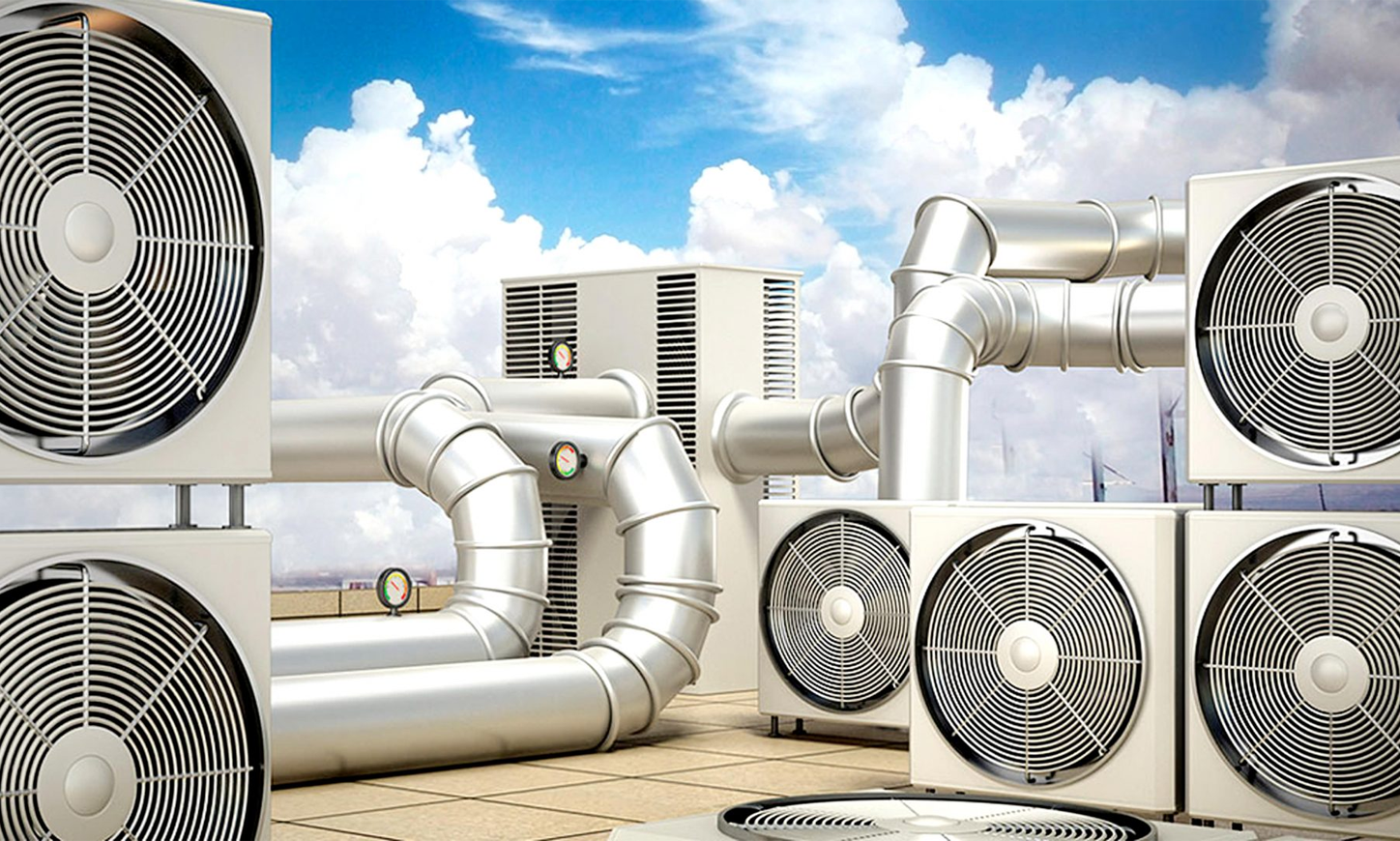
8- Suitability for Different Homes
Home Size and Layout – Heat pumps suit many home sizes and layouts, including multi-zone systems for larger homes. Traditional HVAC systems can also be adapted for various home sizes but might require more extensive ductwork modifications.
Existing Infrastructure – Homes with existing ductwork can more easily transition to traditional HVAC systems. Ductless mini-split heat pumps offer a flexible and less invasive solution for homes without ductwork.
9- Case Studies/Real-Life Examples
Success Stories – Many homeowners have transitioned to heat pumps, reporting significant energy savings and improved comfort. For example, a family in a moderate climate region switched to an air-source heat pump and cut their energy bills by 30%.
Comparative Studies – Studies have shown that heat pumps can reduce 50% energy consumption compared to traditional electric resistance heating. In contrast, high-efficiency furnaces combined with air conditioners can also provide effective and reliable heating and cooling but might not achieve the same efficiency level as heat pumps.
Conclusion
Heat pumps and traditional HVAC systems have advantages and are suitable for different needs and climates. Heat pumps are better because they offer energy efficiency, environmental benefits, and modern conveniences, making them an excellent choice for many homeowners. Traditional HVAC systems, particularly those with high-efficiency ratings, provide reliable performance and might be more suitable for freezing climates.
The best choice depends on your climate, home size, and budget. Consult with heat pump consultants and HVAC experts for professional advice and installation services. We offer expert guidance and quality installations to ensure you choose the right system for your home. Contact us today to learn more about how we help achieve optimal home comfort.

